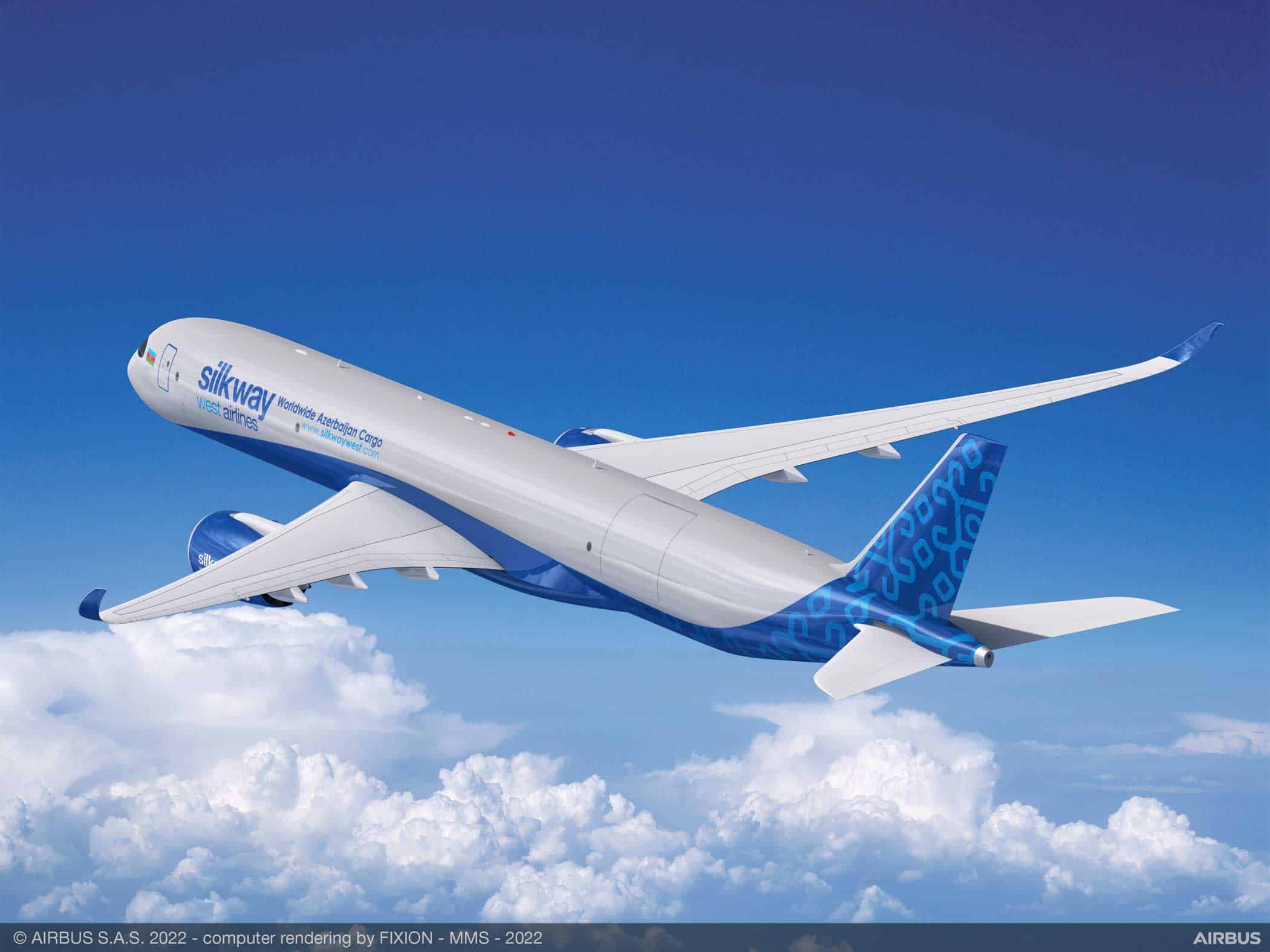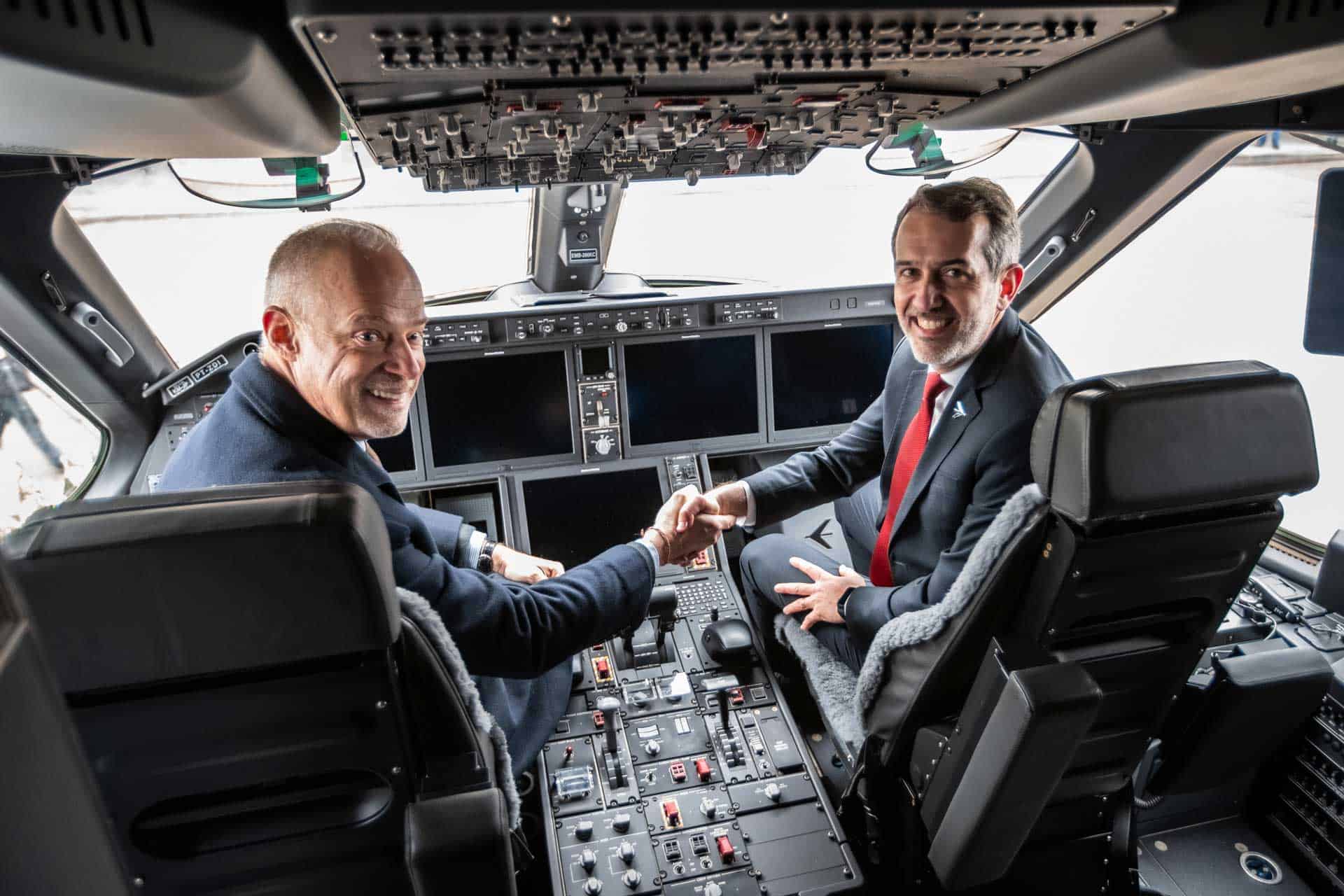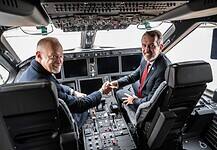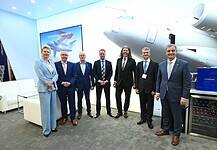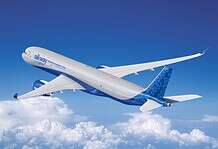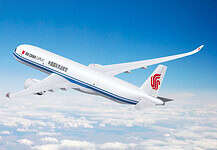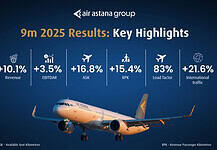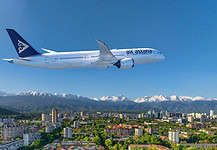This site is also available on:
Deutsch
The aviation industry in Germany faces critical challenges that affect not only airlines, but also the economy, trade, and individual mobility. The international airline association BARIG (Board of Airline Representatives in Germany) has urgently called on the German government to reconsider and reduce the financial burden caused by government-imposed costs and fees for air transport. This argument is based on the observation that high costs significantly impair the competitiveness of German airports and airlines, thereby impacting national economic performance and accessibility to global markets.
Michael Hoppe, BARIG Chairman and Executive Director, emphasizes that the current location costs in Germany are one of the main reasons for the relocation of air traffic abroad, which in the long term will result in considerable damage to both economic dynamism and mobility in Germany.
Economic consequences of high location costs in air transport
The German air transport system is a significant economic factor, as it ensures connections to international business and trade centers. Declining flight movements and the withdrawal of aircraft significantly impact connectivity. Every time a medium-haul jet leaves Germany, the German economy loses approximately €70 million in added value per year. This loss results not only from lost direct revenue for airlines, but also affects suppliers, service providers, tourism, and, above all, export-oriented SMEs that rely on fast and efficient connections.
The loss of 60 aircraft since 2019, which were relocated abroad, clearly illustrates a development that goes beyond purely business decisions and has structural implications for Germany’s attractiveness as an air transport hub. The resulting disconnection from important economic centers around the world makes it difficult to establish new trade relations or maintain existing ones. Logistical challenges and restricted mobility also hamper research and innovation, as international exchange via air transport plays a central role in the globally interconnected economy.
Tax and fee burden as a competitive disadvantage
Since 2019, there has been a drastic increase in taxes and fees in German air transport. These charges now total approximately €4.4 billion annually, an amount that has almost doubled compared to previous years. The air transport tax, in particular, represents a significant cost factor, as it is rarely seen anywhere else in Europe at this level and is only levied in seven of 31 European countries.
This tax burden is a major reason for the declining competitiveness of German airlines and airports, as it increases the price of airline tickets and forces airlines to face higher operating expenses. For passengers, this translates into higher prices and limited flight connections. The result is that Germany is falling behind other European and international markets, while air traffic in many other countries is growing and flourishing.
The high tax and fee burden also impacts investments in infrastructure projects and innovations that would be necessary to modernize and expand air transport infrastructure. Without financial relief, there is a risk that German air transport will lose its strategic importance in the long term.
Demands and recommendations for action for the Federal Government
Given the negative impact on the economy and mobility, BARIG is calling for sustainable relief from aviation costs in Germany. The federal government is called upon to critically review existing taxes and fees and develop models that do not place unnecessary burdens on air transport, but rather provide targeted support.
A reduction in the air traffic tax or a restructuring of the fee structure could help strengthen the competitiveness of German airlines and the attractiveness of airports. Furthermore, the number of flight movements could be expected to increase again, which could improve connectivity to important international markets.
In addition to financial relief, investments in sustainable technologies and infrastructure in air transport should also be specifically promoted to ensure environmental efficiency and future viability. This holistic approach could stabilize and further develop German air transport in the long term, which in turn would have a positive impact on the country’s economy and mobility.
Conclusion: Airline association BARIG calls for urgent political intervention
The current government burdens on air transport pose a significant challenge for the German economy and mobility. They not only lead to a shift of air traffic abroad, but also impair Germany’s connectivity and competitiveness as an aviation hub. The constant increase in taxes and fees has significantly exacerbated the situation since 2019 and is negatively impacting all stakeholders in air transport.
The airline association BARIG therefore calls for urgent political intervention to strengthen Germany as a hub for aviation through reduced site costs and a targeted subsidy policy. Only through such relief can air transport continue to serve as a driver of economic growth, innovation, and mobility and contribute to the sustainable development of an export-oriented economy. Ensuring adequate connectivity remains a key element for Germany’s long-term competitiveness and international integration.


 ver.di integrates TGL and strengthens aviation presence (ver.di integrates TGL and strengthens aviation presence)
ver.di integrates TGL and strengthens aviation presence (ver.di integrates TGL and strengthens aviation presence)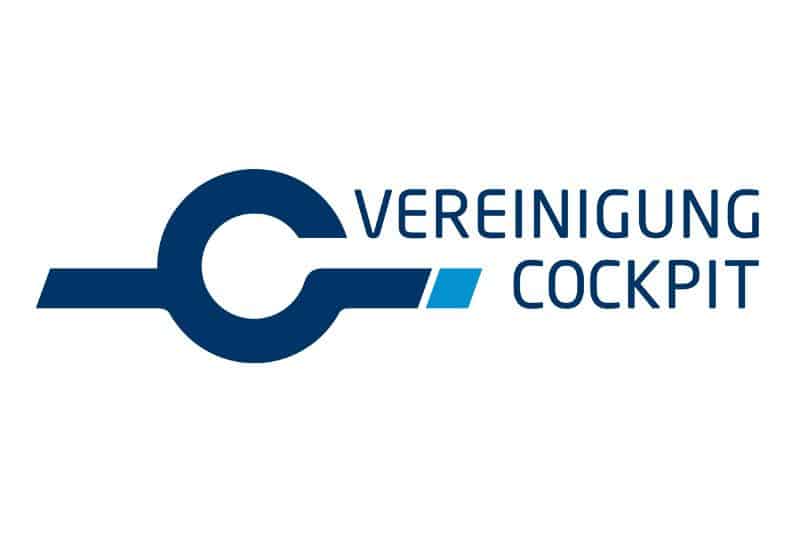 Cockpit Association: Key topics at the general meeting (Cockpit Association: Key topics at the general meeting)
Cockpit Association: Key topics at the general meeting (Cockpit Association: Key topics at the general meeting) Zeppelin NT airship conquers the skies of the Lake Constance region (Zeppelin NT airship conquers the skies of the Lake Constance region)
Zeppelin NT airship conquers the skies of the Lake Constance region (Zeppelin NT airship conquers the skies of the Lake Constance region)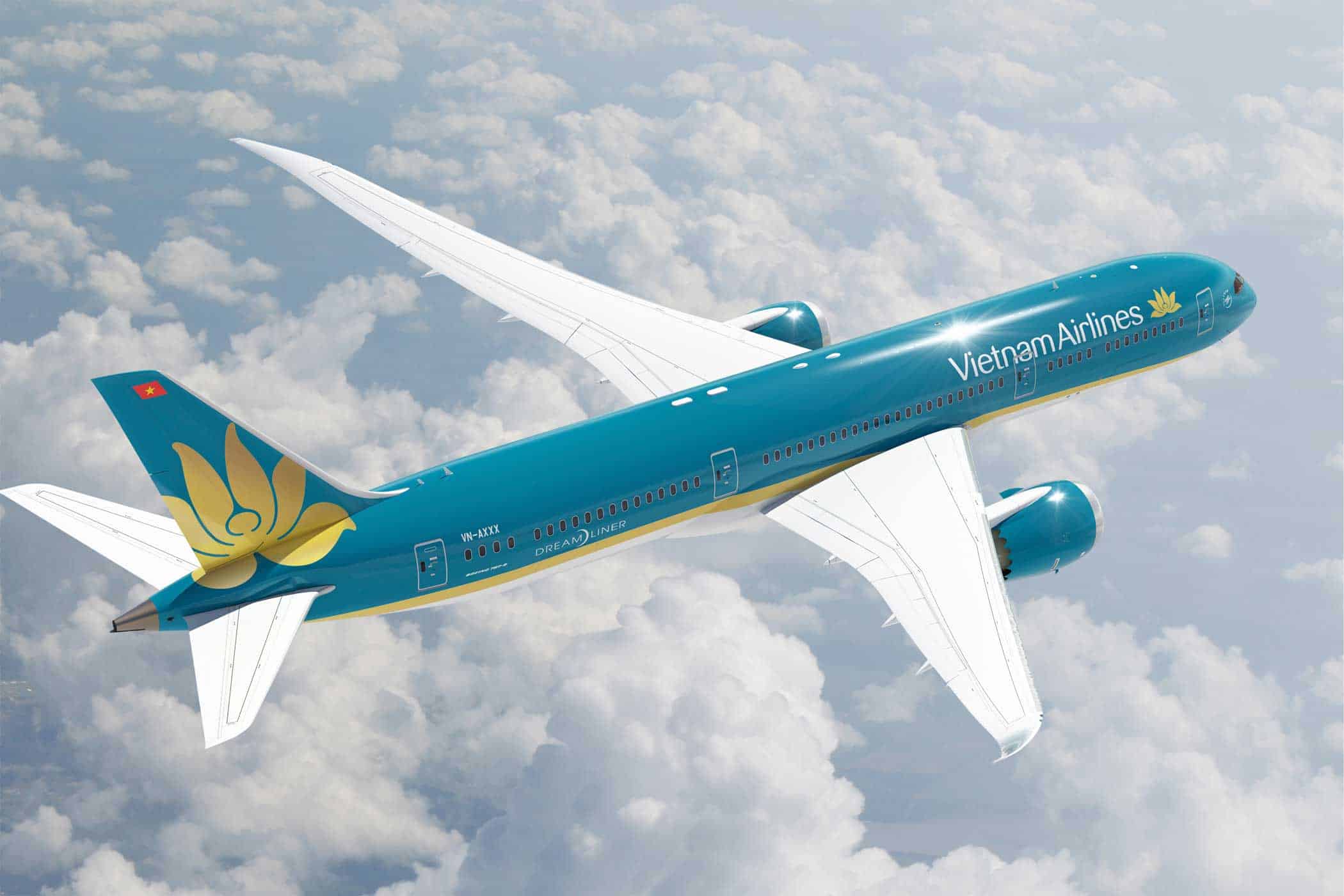 Vietnam extends visa-free entry until 2028 (Vietnam extends visa-free entry until 2028)
Vietnam extends visa-free entry until 2028 (Vietnam extends visa-free entry until 2028)